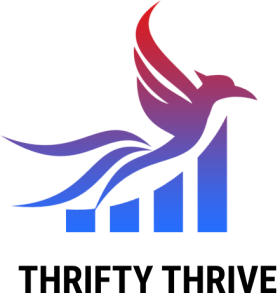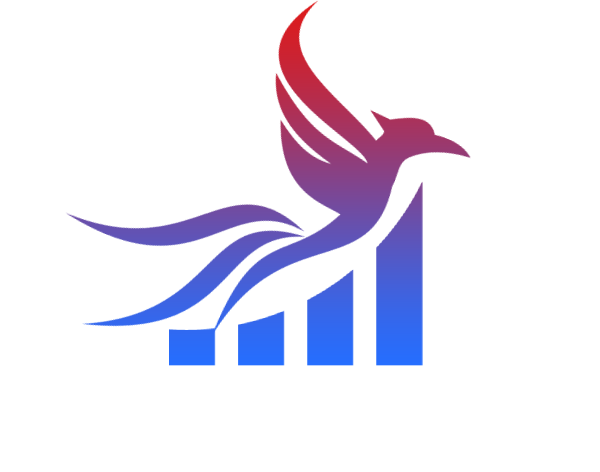Concept of Home Equity
- Content Writer
- August 18, 2023
- Cash Out Refinance, Mortgage and Financing Options
- 0 Comments
Home equity is the difference between the current value of a home and the outstanding mortgage balance. As homeowners pay down their mortgage, and/or as the home’s value increases, the equity — or the homeowner’s financial interest in the property — grows.
For example, if a home is worth $300,000 and there’s a $200,000 mortgage balance, the homeowner has $100,000 in equity.
Leveraging Home Equity through Cash-Out Refinancing
Cash-out refinancing allows homeowners to access their home’s equity by refinancing their mortgage for an amount larger than they owe. The homeowner then receives the difference in cash.
Using the above example, if a homeowner wanted to tap into $50,000 of their $100,000 equity, they might refinance the $200,000 mortgage into a new $250,000 loan and receive the $50,000 difference in cash.
Applications of Cashed-Out Funds
- Home Improvements: This is one of the most common uses. Upgrades can increase the home’s value, making it a potentially worthwhile investment.
- Debt Consolidation: Homeowners can use the cash to pay off high-interest debts, such as credit card balances. The advantage is that mortgage rates are often lower than credit card rates.
- Investing: Some homeowners might invest the cash in hopes of generating returns higher than their mortgage interest rate.
- Education: The funds can be used to cover tuition and other educational expenses.
- Emergency Expenses: A cash-out refinance can offer a financial cushion in times of need.
Potential Rewards
- Cost Savings: By consolidating high-interest debts, homeowners can potentially save thousands in interest payments.
- Tax Deductions: Mortgage interest is typically tax-deductible (though it’s always best to consult with a tax professional).
- Opportunity for Higher Returns: If invested wisely, the cashed-out funds could yield returns that outpace the interest rate on the mortgage.
Potential Risks
- Endangering Your Home: By increasing the mortgage balance, there’s a risk of owing more than the home is worth, especially if property values decline.
- Higher Overall Interest: While the rate might be lower, extending the loan term can mean paying more in interest over the lifetime of the loan.
- Closing Costs: Refinancing isn’t free. Homeowners must consider closing costs, which can be substantial.
- Potential for Misuse: Access to a lump sum can tempt some people to spend unwisely.
- Long-Term Debt Burden: If used for short-term expenses, homeowners might find themselves paying for those expenses over a 15-30 year mortgage term.
Conclusion
Leveraging home equity through cash-out refinancing can be a strategic financial move, but it’s essential for homeowners to understand both the potential rewards and risks. It’s crucial to evaluate one’s financial situation, consider future scenarios (like shifts in the housing market or personal income changes), and ideally consult with financial professionals before making a decision.


